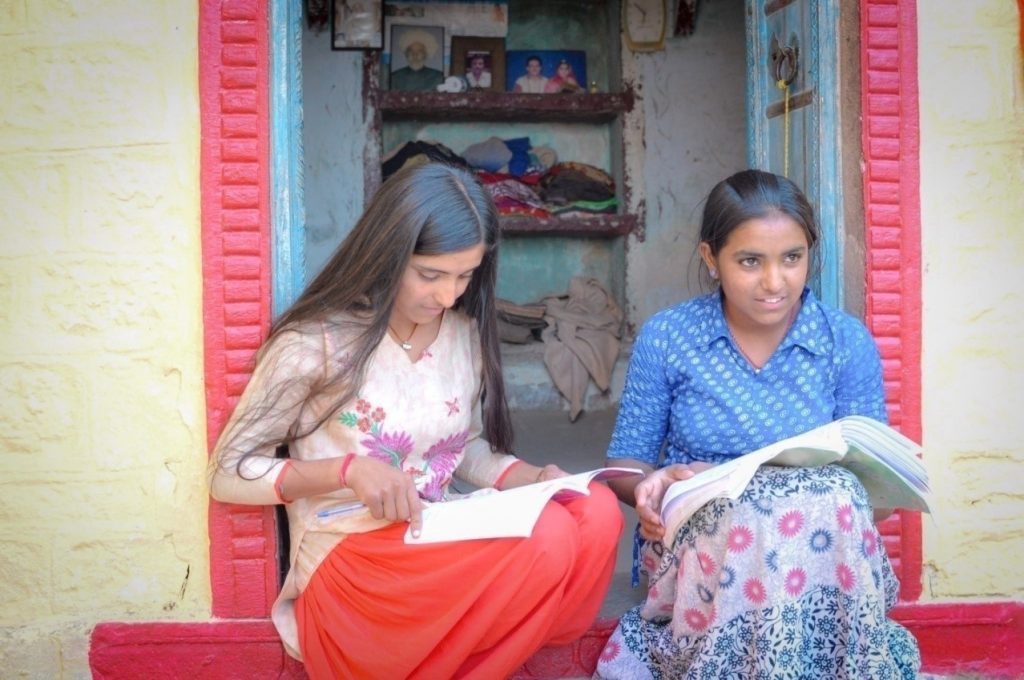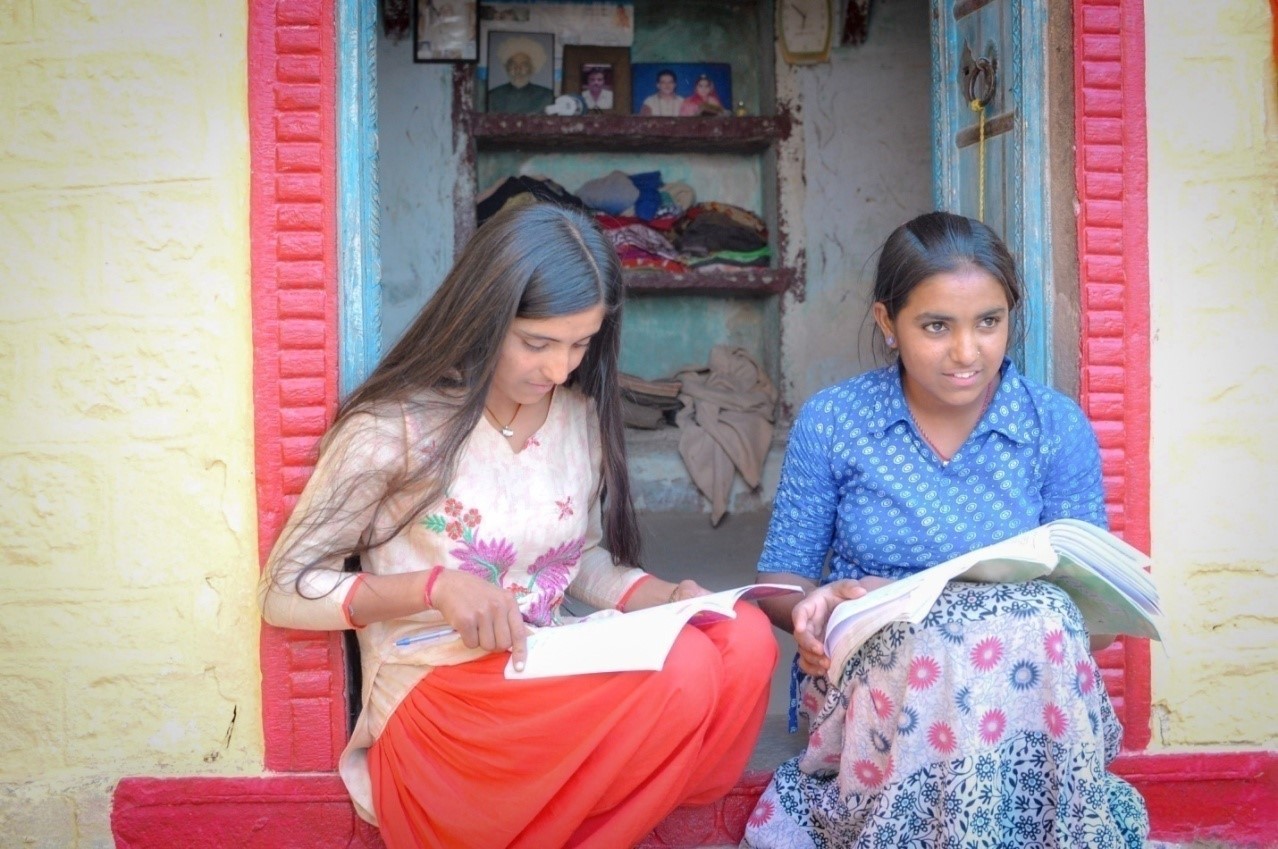OneProsper International has helped over 460 girls go to school by supplying sustainable water harvesting solutions and farming methods. Perhaps just as influential is the organization’s English Learning Buddy Program. Through partnerships with Indian government schools like the Delhi Government School, the organization has helped many more girls in India gain access to weekly English practice with an English speaker. But just how much of an effect does this have on their potential?
To answer this question, we can look at how much of the world already speaks English. It is common knowledge that global superpowers the United States and the United Kingdom have a majority of English speakers. There are over 15 other countries that also have a majority English-speaking population and even more countries that recognize English as an official language— including India— making English by far the most widely spoken language in the world. English speakers have the freedom to apply for positions in each of these countries, over 30 in all, without fear of a language barrier. This contrasts significantly with the opportunities available for a speaker who is only fluent in one of India’s regional languages.

Data collected by Indeed and shared by Forbes shows that the United States has the greatest percentage of jobs open after 60 days. More U.S.-based employers seek workers on the easily accessible platform than employers from any other country, with positions waiting to be filled. The english-speaking ability has been shown to affect the rate of employment as well as annual wages. Continuing with the United States as an example, according to the 2000 Census, people who speak English well were 2% more likely to be employed than those who did not speak it well. More importantly, the median earnings of those who speak English well were over $6,000 higher than the earnings of those who did not speak English well. Many students and millennials today recall their parents taking advantage of these opportunities, arriving in English-speaking countries for a better life. If they arrived with some level of English proficiency, they may have found the transition easier. Taking inflation and an expanding job market into account, the benefits are likely higher today.
Unfortunately, much of India’s vast population is unfamiliar with the language. EF’s English Proficiency Index gives India a ranking of 48 out of the 112 included countries, indicating moderate proficiency. As the world becomes even more western-dominated, the opportunities available for non-English speakers narrow even more. The situation for women in India is worse still. In some states, less than 60% of women are literate in any one or more languages. Women make up just 25% of the labor force, and over 13% of girls aged 15-16 do not attend school.

The state of education is changing, however. Indian children and teenagers between the ages of are required to attend school, and most students who attend private schools in India receive instruction in English. However, Indian girls who attend government schools are not instructed in English, unlike their private school counterparts. OneProsper’s English Buddy Tutoring program helps bridge this divide by aiding disadvantaged girls attending government schools in their efforts to progress from the “not well” or “well” milestones of English-speaking ability to “well” or even “very well.” This increases their chances of success in India and abroad, endowing them with an escape from the cycle of poverty. Their potential is enriched further through the mental benefits associated with the process of learning any new language. Learning another language strengthens the brain and improves creativity and attention. Weekly sessions with an English Learning Buddy can also be a chance to destress. As one learner described, “It’s really nice to talk to a stranger sometimes.”

